#anne arthur
Text
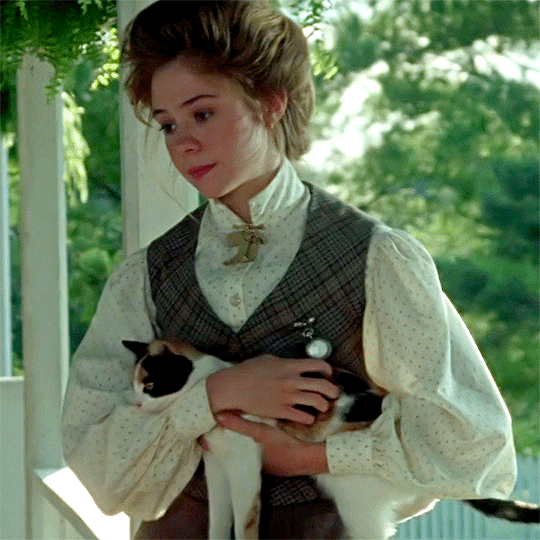

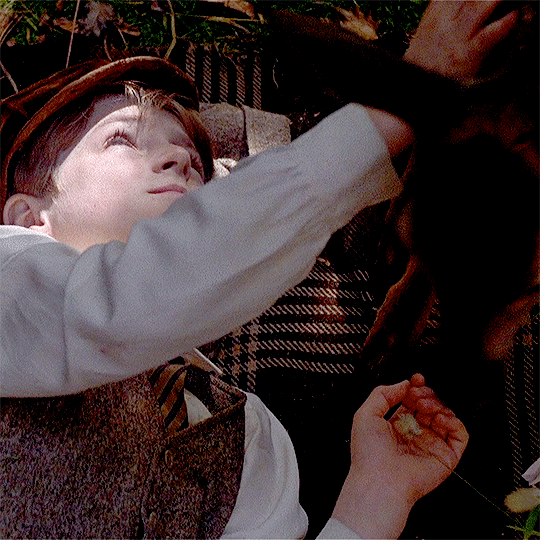




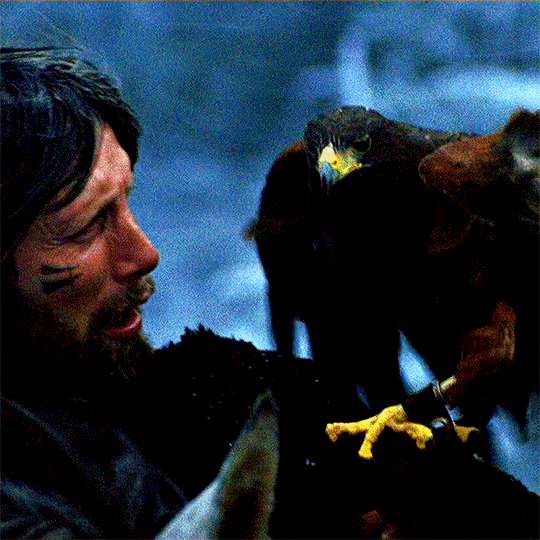

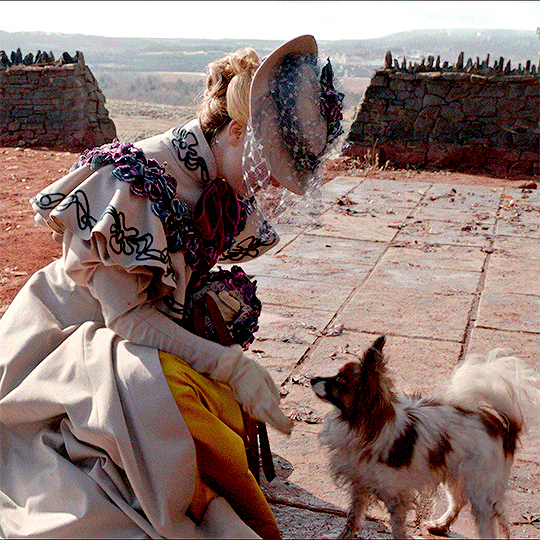
Period drama + animals
ANNE OF GREEN GABLES: THE SEQUEL (1987)
BRIDGERTON (2020 - )
THE SECRET GARDEN (1993)
ANNE WITH AN E (2017 - 2019)
BRIGHT STAR (2009)
SENSE AND SENSIBILITY (1995)
MARIE ANTOINETTE (2006)
KING ARTHUR (2004)
COLETTE (2018)
CRIMSON PEAK (2015)

#perioddramaedit#aoggedit#tvedit#filmedit#perioddramasource#userbennet#tusereliza#userseeleybooth#userpavlova#aogg 1987#bridgerton#the secret garden#anne with an e#bright star#marie antoinette#king arthur#colette#crimson peak#cute animals#*compilations#*
2K notes
·
View notes
Text
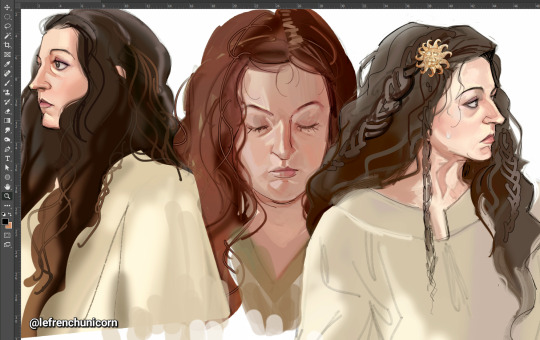
Guenièvre 🌻
#pendranièvre#kaamelott fanart#kaamelott#guenièvre#arthur x guenièvre#mais sans arthur j'ai pas eu le temps encore#c'est pas ouf mais ça trainait sur mon ordi donc aller#j'offre#anne girouard#my art#please don't repost#wip
753 notes
·
View notes
Text
Between the hotvintagepoll, the vintagestagestars poll and the vintagetvstars poll, my conviction that people were just hotter last century is getting increasingly cemented
#don't get me wrong! there's some contemporary actresses i still find beautiful and a delight to watch at work#like idk. olivia coleman. emma thompson. ANNE HATHAWAY#even ana de armas among the younger ones#but still. the amount of beautiful women in these tournaments is staggering#like i. hedy lamarr. julie andrews. bette davis. vivien leigh. audrey hepburn. irene papas. eartha kitt.#BETTY WHITE. BEA ARTHUR.#*RUE MCCLANAHAN*#they just don't make them like they used to#even the voices aren't up to par like where's my contemporary joan greenwood???#do people who are attracted to men feel the same way?? were men hotter back then too?#hotvintagepoll#vintagetvstars#personal
105 notes
·
View notes
Text
In a letter to W. S. Williams (14 August 1848), Charlotte Brontë compares Jane Eyre’s Rochester to the Byronic heroes of her sisters’ novels, Heathcliff from Emily’s Wuthering Heights and Huntingdon from Anne’s The Tenant of Wildfell Hall:
“You say Mr. Huntingdon reminds you of Mr. Rochester. Does he? Yet there is no likeness between the two; the foundation of each character is entirely different. Huntingdon is a specimen of the naturally selfish, sensual, superficial man, whose one merit of a joyous temperament only avails him while he is young and healthy, whose best days are his earliest, who never profits by experience, who is sure to grow worse the older he grows.
Mr. Rochester has a thoughtful nature and a very feeling heart; he is neither selfish nor self-indulgent; he is ill-educated, misguided; errs, when he does err, through rashness and inexperience: he lives for a time as too many other men live, but being radically better than most men, he does not like that degraded life, and is never happy in it. He is taught the severe lessons of experience and has sense to learn wisdom from them. Years improve him; the effervescence of youth foamed away, what is really good in him still remains. His nature is like wine of a good vintage, time cannot sour, but only mellows him. Such at least was the character I meant to portray.
Heathcliffe, again, of Wuthering Heights is quite another creation. He exemplifies the effects which a life of continued injustice and hard usage may produce on a naturally perverse, vindictive, and inexorable disposition. Carefully trained and kindly treated, the black gipsy-cub might possibly have been reared into a human being, but tyranny and ignorance made of him a mere demon. The worst of it is, some of his spirit seems breathed through the whole narrative in which he figures: it haunts every moor and glen, and beckons in every fir-tree of the Heights.”
Source: The Brontës Life and Letters (Clement King Shorter, 2013)
#defending her blorbo#charlotte brontë#the bronte sisters#anne brontë#emily brontë#wuthering heights#jane eyre#the tenant of wildfell hall#mr rochester#heathcliff#arthur huntingdon#letters#literature#english literature#character analysis#byronic hero
324 notes
·
View notes
Text

Secret santa pour @sloubs
#uwu#Kaamelott#Fanart#ssk23#secret santa Kaamelott 2023#pendranievre#arthur pendragon#Guenièvre#alexandre astier#anne girouard#gift#artist on tumblr#23 12 2023#🫶🫵🎁#drawing#comic#myart
157 notes
·
View notes
Text
But poetry is my love, my postmark, my hands, my kitchen, my face.
Anne Sexton, from ‘Anne Sexton: The Last Summer’ by Arthur Furst
400 notes
·
View notes
Photo
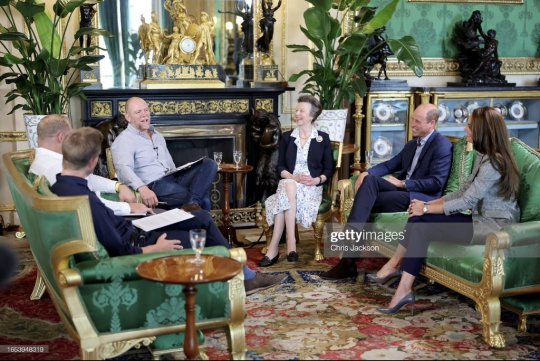
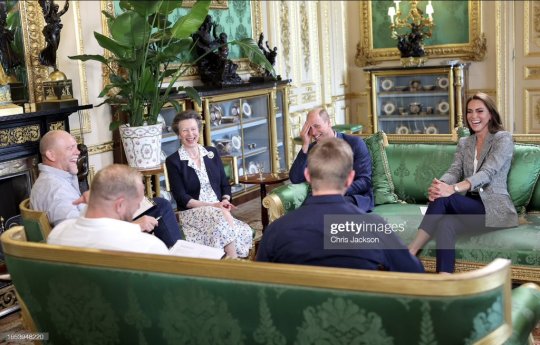

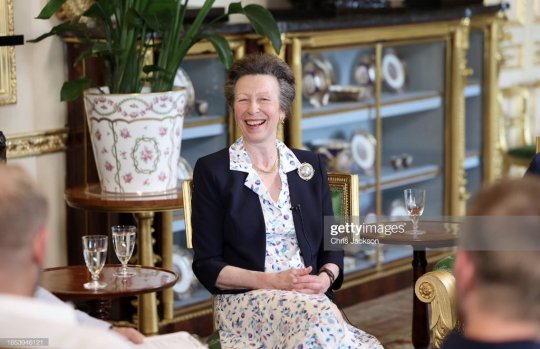
Now THIS was fun! Some lovely moments as The Prince and Princess of Wales and The Princess Royal mark the start of the Rugby World Cup by joining in a special episode of The Good, The Bad and The Rugby podcast. 🏉
-- Chris Jackson
#catherine elizabeth#princess catherine#princess of wales#princess catherine of wales#catherine the princess of wales#william arthur philip louis#prince william#prince of wales#prince william of wales#william the prince of wales#prince and princess of wales#william and catherine#kensington palace#british royal family#princess anne#princess royal#anne princess royal
255 notes
·
View notes
Text





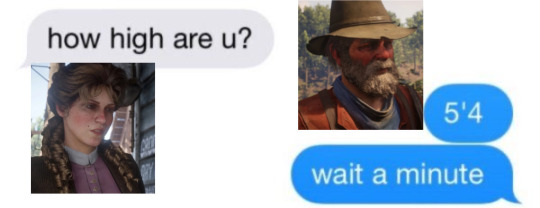
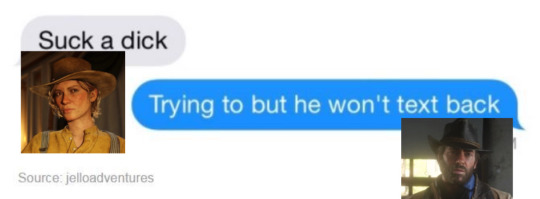


#mary anne rdr2#rdr2 memes#red dead redemption 2#red dead redemption 2 memes#arthur morgan#uncle rdr2#micah bell#fuck micah bell#dutch van der linde#jack marston#john marston#Mary rdr2#sadie adler#javier escuella#mary anne red dead redemption 2#hosea matthews#memes
95 notes
·
View notes
Text
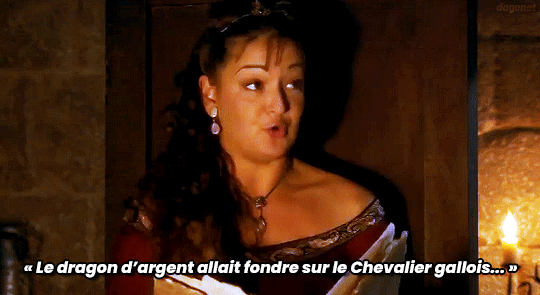
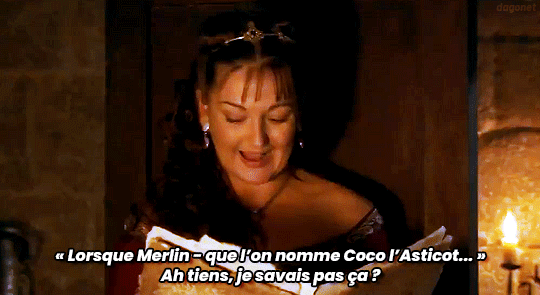

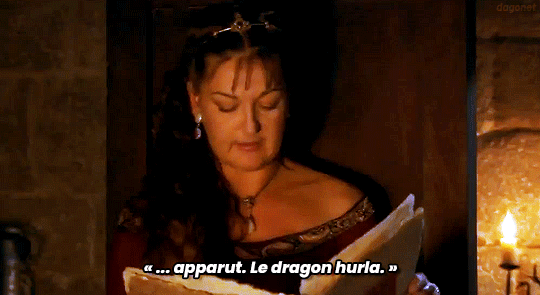
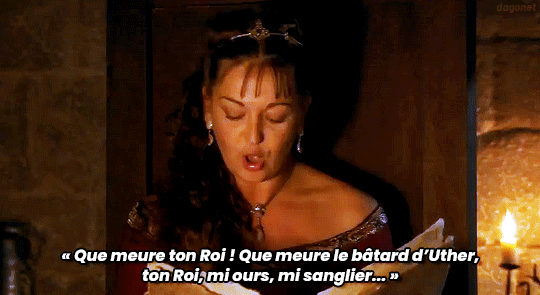
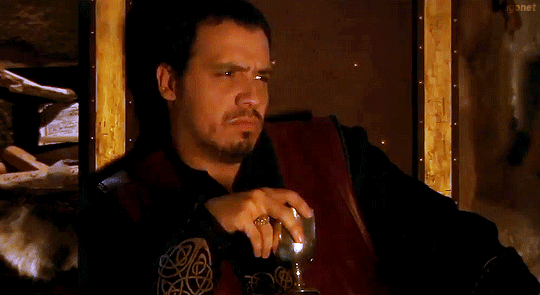
Kaamelott, Livre III, Le Sanglier de Cornouailles
77 notes
·
View notes
Text
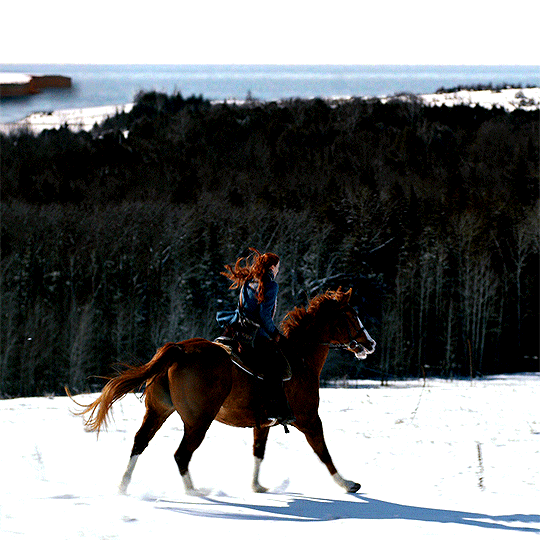
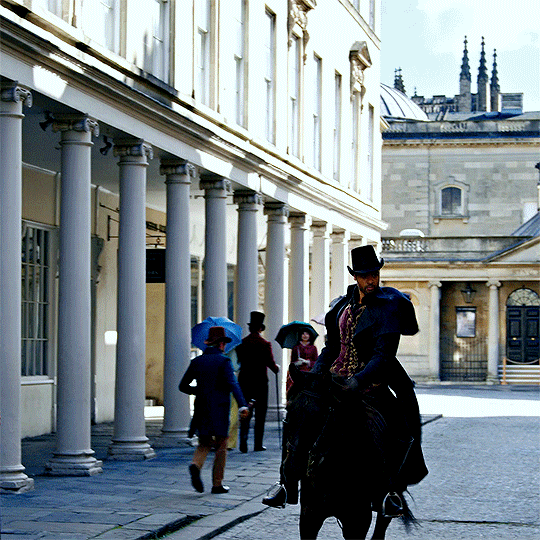

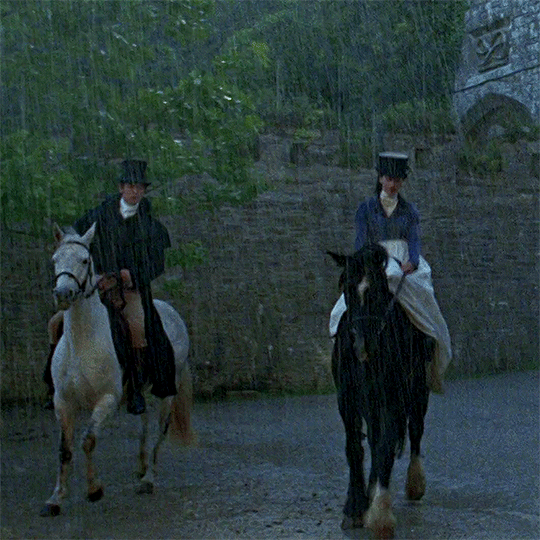
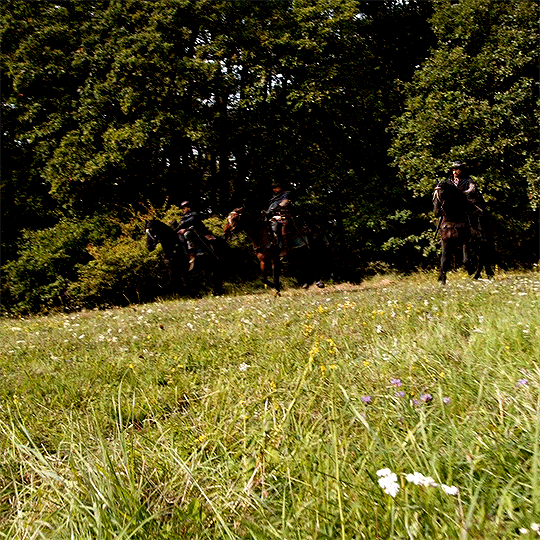
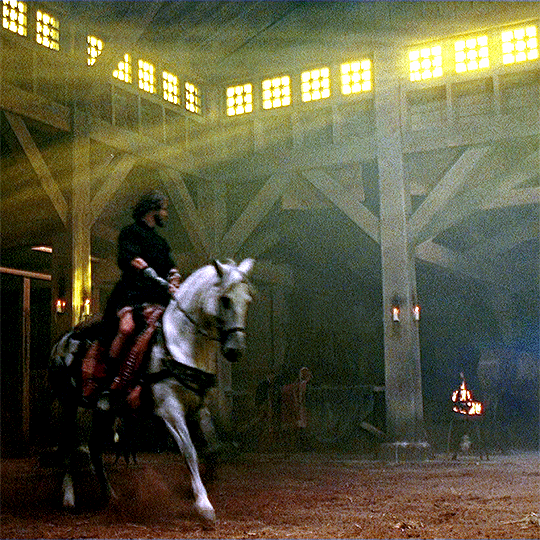

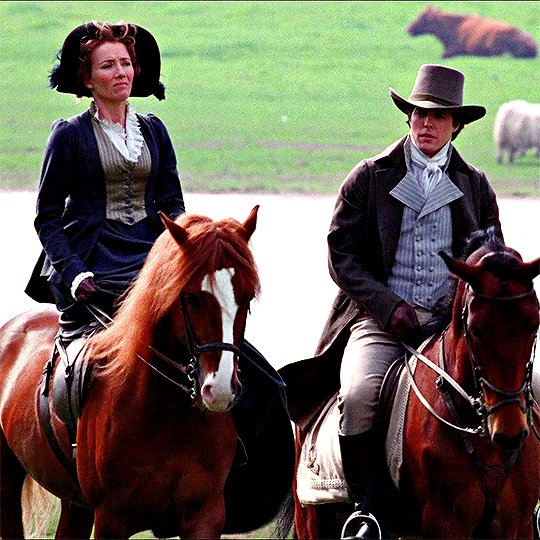
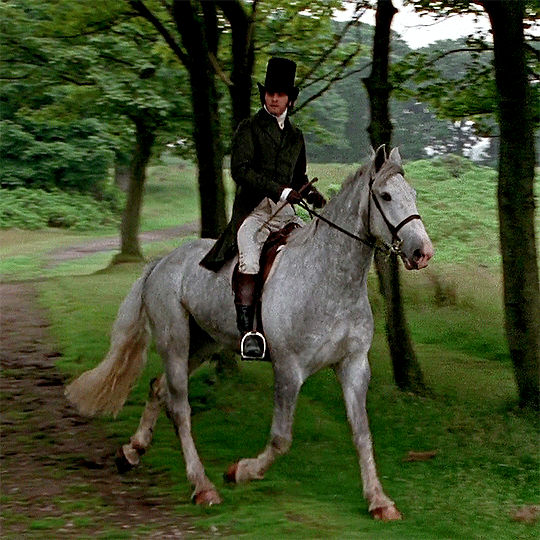
period drama + riding
(requested by anonymous)
ANNE WITH AN E (2017 - 2019)
BRIDGERTON (2020 - )
THE EMPRESS (2022 - )
NORTHANGER ABBEY (2007)
THE MUSKETEERS (2014 - 2016)
KING ARTHUR (2004)
MR. MALCOLM'S LIST (2022)
SENSE AND SENSIBILITY (1995)
PRIDE AND PREJUDICE (1995)

#perioddramaedit#austenedit#tvedit#filmedit#perioddramasource#ceremonial#userbennet#tusereliza#userpavlova#tuserbea#anne with a e#bridgerton#the empress#northanger abbey#the musketeers#king arthur#mr. malcolm's list#sense and sensibility#pride and prejudice#*compilation#*film#*
1K notes
·
View notes
Photo

Guinevere/Arthur PART2
#pendranièvre#pendranievre#Kaamelott#kaamelott fanart#arthur x guenièvre#my art#i AM SO SORRY#for that old ugly fanart from 2021#he is short#Arthur pendragon is a short king#also im in denial#imagine if he fell in love with her sooner..........haha jk#but imagine though#alexandre astier#Anne Girouard
617 notes
·
View notes
Text

Ann Bryunetka photographed by Arthur Kaplun
#Ann Bryunetka#arthur kaplun#nudephotography#art nude#artistic nude#photographic nude#color photography
220 notes
·
View notes
Text
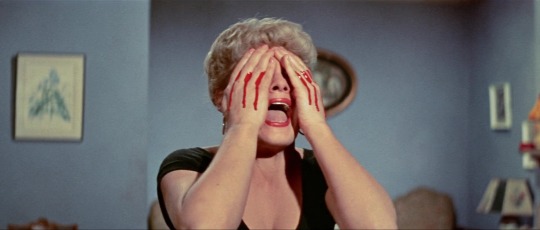



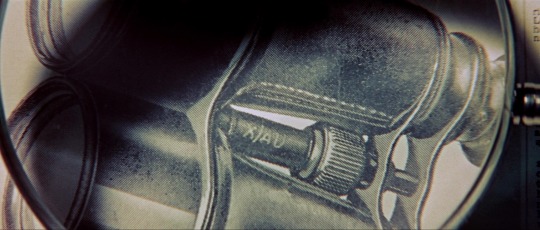
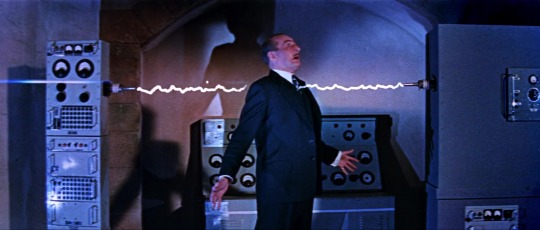
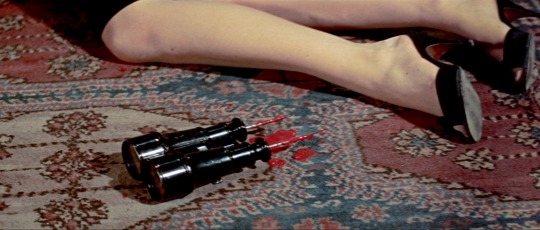


Horrors of the Black Museum | Arthur Crabtree | 1959
#Arthur Crabtree#Horrors of the Black Museum#1959#Dorinda Stevens#June Cunningham#Shirley Anne Field#Graham Curnow
69 notes
·
View notes
Text
King Charles, Princess Anne, Sir Tim Laurence, Prince Edward, Sophie, Duchess of Edinburgh, David, Lord Snowdon, Lady Sarah Chatto, Arthur Chatto and Samuel Chatto walking to St Mary Magdalene Church to attend the morning mass on 25th December 2023.
#princess anne#princess royal#tim laurence#timothy laurence#king charles iii#prince edward duke of edinburgh#sophie duchess of edinburgh#lady sarah chatto#david lord of snowdon#samuel chatto#arthur chatto
70 notes
·
View notes
Text
Forever mourning the fact that most editions of The Tenant of Wildfell Hall are based on the edited 1854 Hodgson text and not the original 1848 Newby text (accessible via Internet Archive) and therefore most editions leave out the majority of the iconic 28th chapter. Aside from the opening letter of the novel, this is the other most important alteration of the text, and the other biggest section of the text to be omitted.
I believe the full original chapter gives us some of the best insight into Arthur’s thoughts as well as his relationship with Helen before it totally imploded. We can see her trying to bargain and rationalize her feelings for both Arthurs. Helen later says that the only reason she leaves Arthur is in order to protect their son, and in a way, this moment from the original chapter 28 is the catalyst of this decision, as no where else in the novel does Arthur blatantly explain his lack of paternal feeling. The last lines are especially brutal:
"If you were less selfish yourself, Arthur, you would not regard it in that light."
"Possibly not, love; but so it is; there's no help for it."
But the chapter isn’t only brutal. The crux of it is that it shows how at this point, Helen is still able to rationalize her feelings and her decision to remain with her abuser. She has not totally come to hate him yet. She still believes that his “jokes” are truly jokes, and he still cares enough to placate her into believing so. In a way, his awkwardness with their child is almost comical, but as the moment continues, it becomes more apparent that he’s exhibiting the traditional paternal behavior now known as “weaponized incompetence.” He isn’t a good father because he simply doesn’t want to be. He isn’t a good person because he doesn’t want to be. It is his own self-belief, it is his own self-will which guides him on this path.
This is why Helen’s belief in universal salvation, a huge theme of the novel, is so powerful. When Arthur is on his death bed and pleads with Helen: “Pray for me, Helen!” she replies, “I do pray for you, every hour and every minute, Arthur; but you must pray for yourself." We cannot save other people. She began her diary by declaring several times that she would “save him,” as we see in the following statement:
“I have such confidence in him, aunt, notwithstanding all you say, that I would willingly risk my happiness for the chance of securing his. I will leave better men to those who only consider their own advantage. If he has done amiss, I shall consider my life well spent in saving him from the consequences of his early errors, and striving to recall him to the path of virtue. God grant me success!"
But by the time she decides to leave Arthur, and perhaps more than ever on his death bed, she realizes one of the most important lessons in life there is to learn. We cannot save anyone but ourselves. To a lesser extent, we may also save our children when they are young, as she does by steering her young child away from his father and onto a healthier path in life. But eventually, they must learn to save themselves. In Anne’s discourse, saving one’s self entails a quite literal Christian salvation granted by God. However, I believe that many secular, humanist readings can be drawn from this rhetoric, even despite the implications of Arthur’s lack of faith (if not blatant atheism) contributing to his infectious degradation and death.
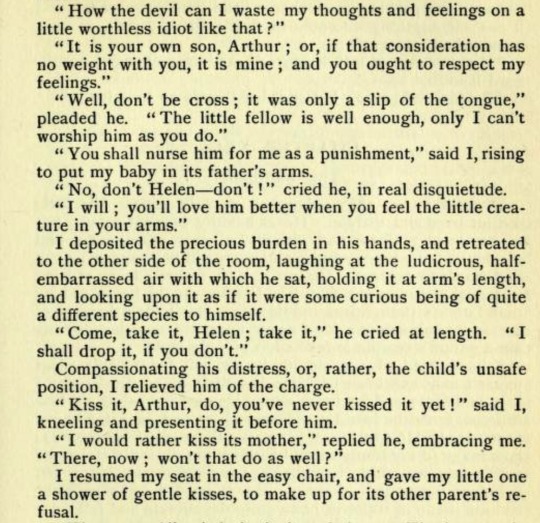


#the tenant of wildfell hall#anne brontë#literature#my analysis#my writing#english literature#romanticism#the bronte sisters#helen graham#arthur huntingdon#analysis#character analysis#books#classics#wildfell weekly
79 notes
·
View notes
Text
We laughed and talked about sex, death, and poetry.
Arthur Furst, from ‘Anne Sexton: The Last Summer’
311 notes
·
View notes